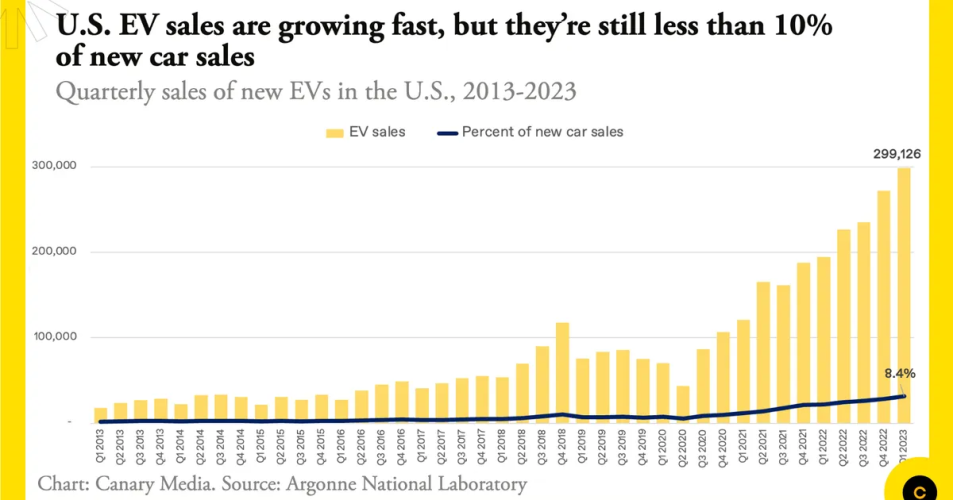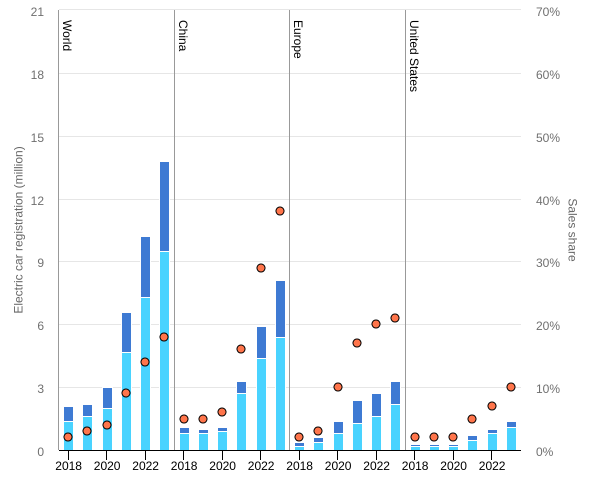bclemms
More than 15K posts served!
Offline
After seeing the EV’s being rolled out at Chiba’s latest car show, we are so far behind we are Cuba. Now China is rolling out the semi solid state batteries with 900v fast charging and battery swap stations. The gap is about to get so big the new 100% protectionist tariffs just announced still wont be enough.




